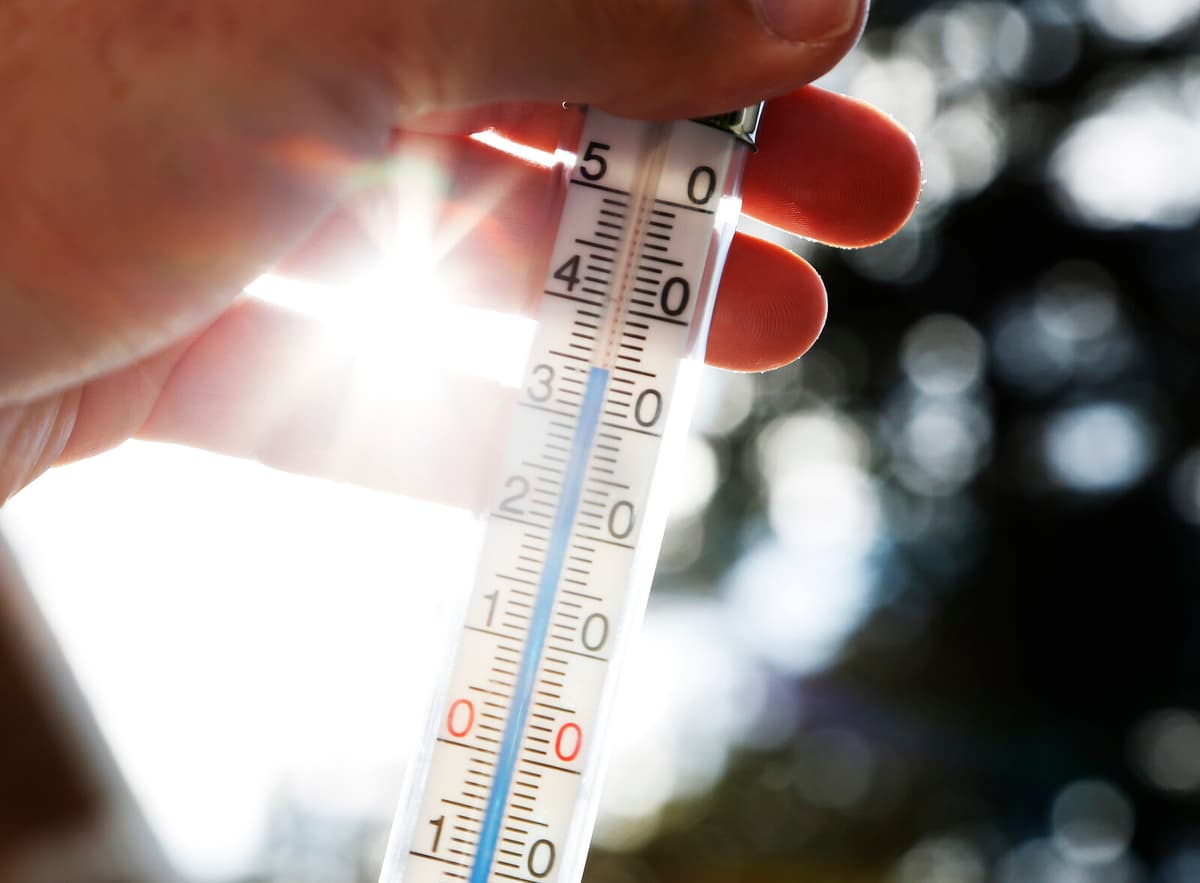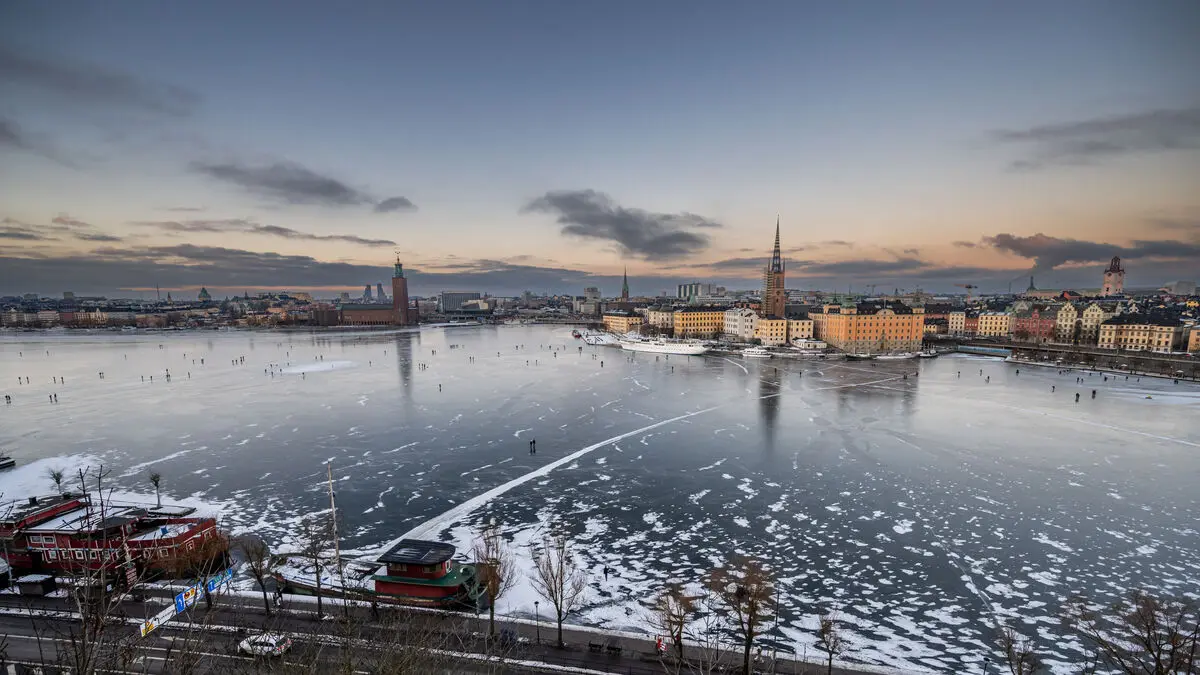Haparanda and Jokkmokk experienced the longest heatwave in over 100 years and Pajala set a heat record. Tropical nights, forest fires and more drownings. In addition, more reindeer strayed into cities in search of coolness. The summer heatwave affected large parts of society, notes the research network World Weather Attribution, WWA, which has looked at the impact of climate change on the heatwave in northern Finland and Scandinavia.
Ten times more common
Without climate change, a similar two-week long heatwave would be extremely rare in the north.
Our estimate is that the heatwave became about two degrees warmer than it would have been without climate change and that similar events are at least ten times more common now than in a climate without human-caused warming, says Amalie Skålevåg, climate researcher at the Norwegian Meteorological Institute at a press conference with WWA.
If the global warming increases further, heatwaves will be five times more common and 1.4 degrees warmer in Sweden, Norway and Finland by 2100, shows WWA's analysis.
Amalie Skålevåg says that they see similar trends when it comes to night temperatures. They have become about two degrees warmer than they would have been without climate change.
Demands on society
Night temperatures are expected to increase by another 1.7 degrees and become seven times more common than those measured in 2025, she says.
Heatwaves will also place more demands on society, note the researchers. Houses, especially hospitals and nursing homes, need to be adapted to withstand higher temperatures. They will also need to protect animals, such as reindeer, from the heat.
The study was conducted by 24 researchers from universities and meteorological authorities in Finland, Norway, Sweden, the Netherlands, the United Kingdom and the USA.
The heatwave in July 2025 had major consequences for the northern parts of Sweden, Norway and Finland.
In Norway, hospitals struggled to cool down buildings. Several operations had to be cancelled due to the heat.
At least 28 people in Finland, 31 in Sweden and 8 in Norway drowned in July.
In several places, reindeer entered cities, probably in an attempt to escape the heat and mosquitoes and to find water. In Finland, it is reported that reindeer died in the heat.
The warm weather dried out the soil and vegetation, which paved the way for many forest fires.
The heat also promoted algae blooms in the Baltic Sea and in lakes. In several places, it has been unusually extensive this summer.
Source: WWA






